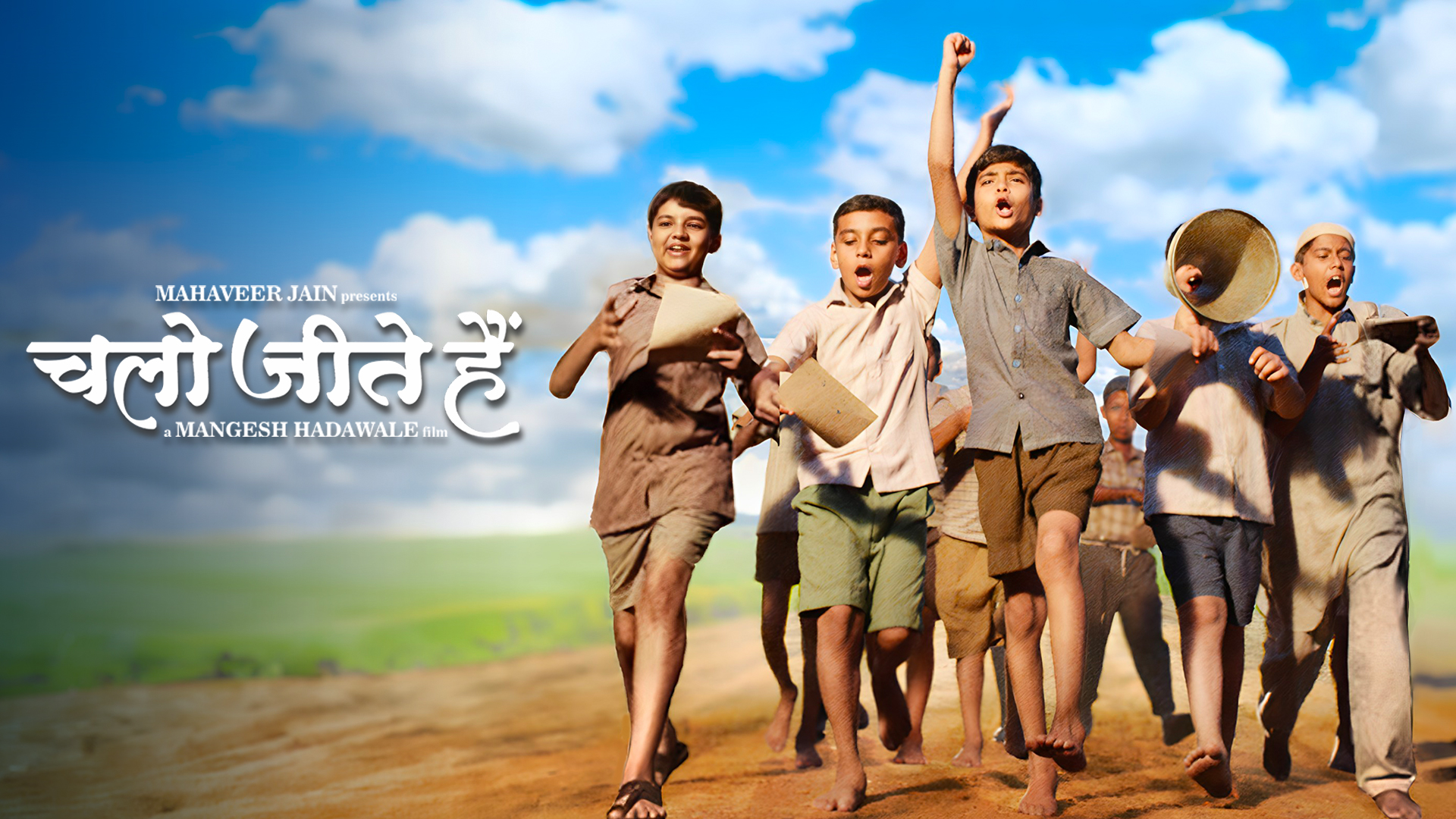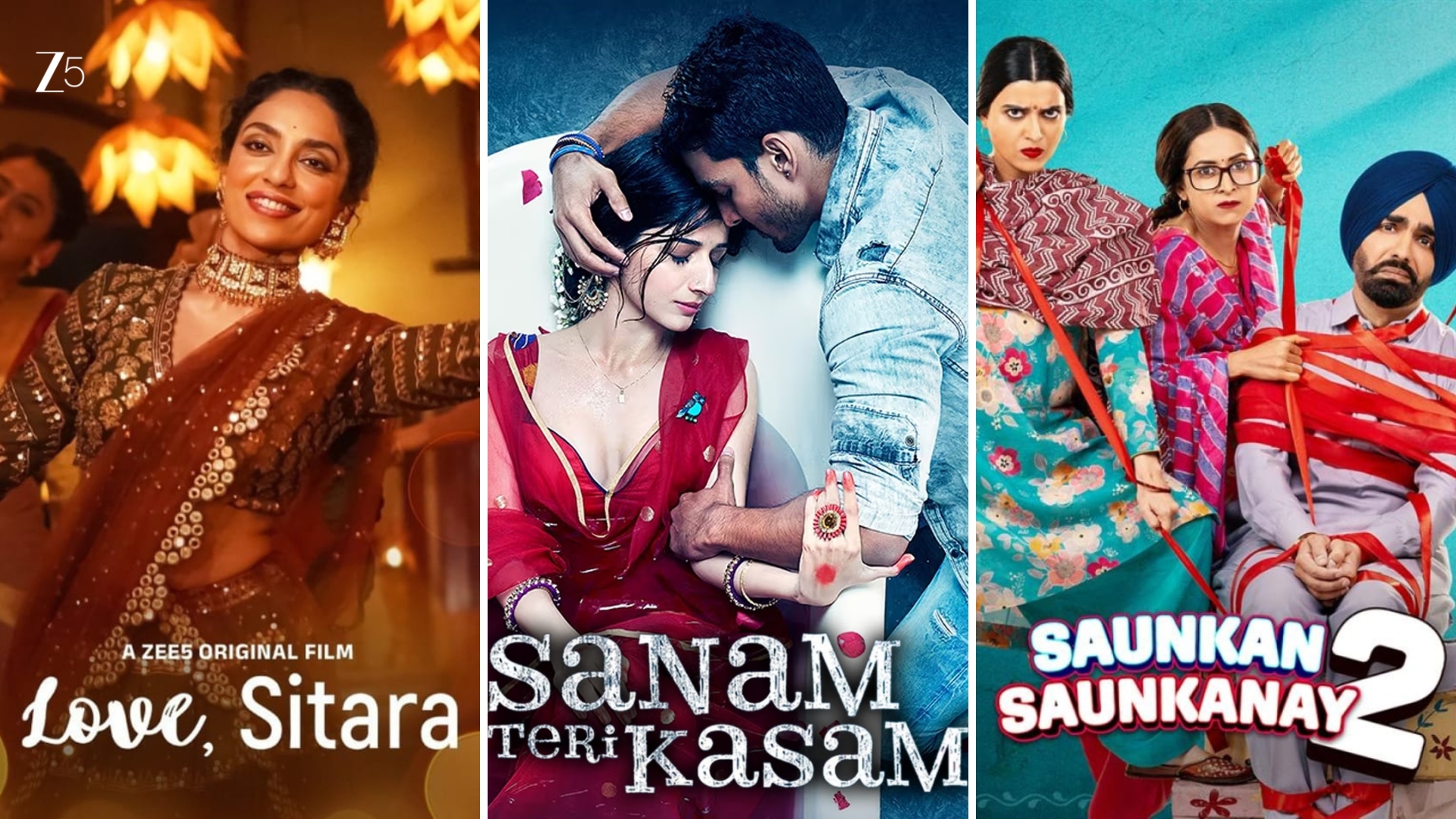Some films need a theatrical rollout to make noise. Chalo Jeete Hain didn’t. The 32-minute Hindi short quietly collected a Presidential screening, a Parliament show, a nationwide TV/OTT premiere, and—months later—a National Film Award. That’s an unusual arc for a non-feature, and it’s why this title still pops up in conversations about how India platforms value-driven storytelling.
What the film is—on paper
Let’s start with the card. Chalo Jeete Hain is a 2018 Indian short (non-feature) with a runtime of 32 minutes. It’s written and directed by Mangesh Hadawale, produced by Mahaveer Jain and Bhushan Kumar under the T-Series banner. Key craft credits include cinematography by Rishi Punjabi, editing by Sanjay Ingle, and music by Shail–Pritesh. The principal cast is led by Dhairya Darji as “Naru,” with Dev Modi, Dipti (Avlani/Avlan i), Rajeev Saxena, Ajay Kumar, and Lata S. Singh in supporting roles. These are the names you’ll see repeated consistently across the main databases.
What it’s about—on screen
The plot follows an impressionable boy, Naru, who stumbles on a line attributed to Swami Vivekananda—“Wahi jeete hain, jo doosron ke liye jeete hain” (“Only those who live for others truly live”)—and tries to build a life that actually lives up to it. The film’s own publicity and contemporary coverage positioned it as inspired by episodes from the early life of Narendra Modi (the “Naru ⇒ Narendra” inference isn’t subtle), but the storytelling keeps its eye on small decisions: school, family, the neighbourhood’s orbit. It’s less a personality piece, more values sketch.
How it rolled out—date by date
This is where the short punched above its weight.
24 July 2018: A special screening at Rashtrapati Bhavan, attended by President Ram Nath Kovind, put the film in front of the country’s most formal audience—and, practically, in the news cycle. The President’s own digital library logs the event and the date.
25 July 2018: The next evening, it screened at Parliament’s Balayogi Auditorium, with senior leaders in attendance. Multiple mainstream reports pinned the Parliament show to the 25th, a day after Rashtrapati Bhavan.
Why it picked up a National Award (and which one)
A year later, when the 66th National Film Awards were announced (for 2018 films), Chalo Jeete Hain won the Rajat Kamal (Silver Lotus) for “Best Film on Family Values” in the Non-Feature section. When you cite this, use the official category wording—that’s how it appears on the Press Information Bureau’s roll. The citation also lists Sundial Ventures Pvt. Ltd. as the producer of record, which reflects how non-feature entries are filed; it doesn’t contradict the publicity credits naming Jain and Kumar/T-Series as producers.
If you prefer a mainstream backup, Times of India ran the headline exactly that way—Best Film on Family Values—on the morning after the announcement.
The interesting part isn’t politics—it’s packaging
Because the film is linked (in inspiration) to Modi’s childhood, it’s easy to assume the week-of buzz was purely political. But look at the structure: a concise, 32-minute, values-first narrative that can be programmed anywhere, from institutional halls to Sunday night TV. That’s clever packaging. A non-feature can be a hard sell in multiplexes; this one never tried. It aimed straight for screenings that confer visibility and a network premiere that guarantees reach, then let the awards system do the rest. From a distribution lens, it’s almost textbook.
How it plays, craft-wise
Hadawale’s earlier work leans humanist, and you feel that here: the camera (Rishi Punjabi) favours close-quarters softness over big canvases; the cut (Sanjay Ingle) keeps scenes nimble without rushing. The music by Shail–Pritesh does the heavy lifting it needs to in a short—signalling mood without getting in the way of a straightforward parable. If you’re expecting a documentary tone, it isn’t that. It’s a narrative short with a clear thesis, executed with TV-ready polish.
Cast & Crew
If you’re filing or updating a filmography, this is the clean baseline:
-
Writer–Director: Mangesh Hadawale
-
Producers: Mahaveer Jain, Bhushan Kumar (T-Series)
-
Cinematography: Rishi Punjabi; Editing: Sanjay Ingle; Music: Shail–Pritesh
-
Cast (principal): Dhairya Darji (Naru), Dev Modi (Harish), Dipti Avlani/Avlan i (Hiraben), Rajeev Saxena (Damodar), Ajay Kumar (Guruji), Lata S. Singh (Kamla)
These attributions align across the film’s Wikipedia technical card and the IMDb listing.
Availability, then and now
Currently, the film is available on ZEE5 streaming. Current streaming availability can shift by region/licensing.
Why does it keep getting referenced
Two reasons. First, it’s a case study in alternative rollout: institutional screenings → prime-time TV/OTT → awards. You don’t often see that sequence executed this cleanly for a short. Second, it’s a reminder that runtime isn’t destiny. At 32 minutes, you can still build a public moment if you have the right platforms and a premise that travels across households. The film’s values-first framing—rooted in a well-known Vivekananda line—gave programmers an easy logline to schedule and audiences a clear expectation to lean into.
Bio of Author: Gayatri Tiwari is an experienced digital strategist and entertainment writer, bringing 20+ years of content expertise to one of India’s largest OTT platforms. She blends industry insight with a passion for cinema to deliver engaging, trustworthy perspectives on movies, TV shows and web series.




